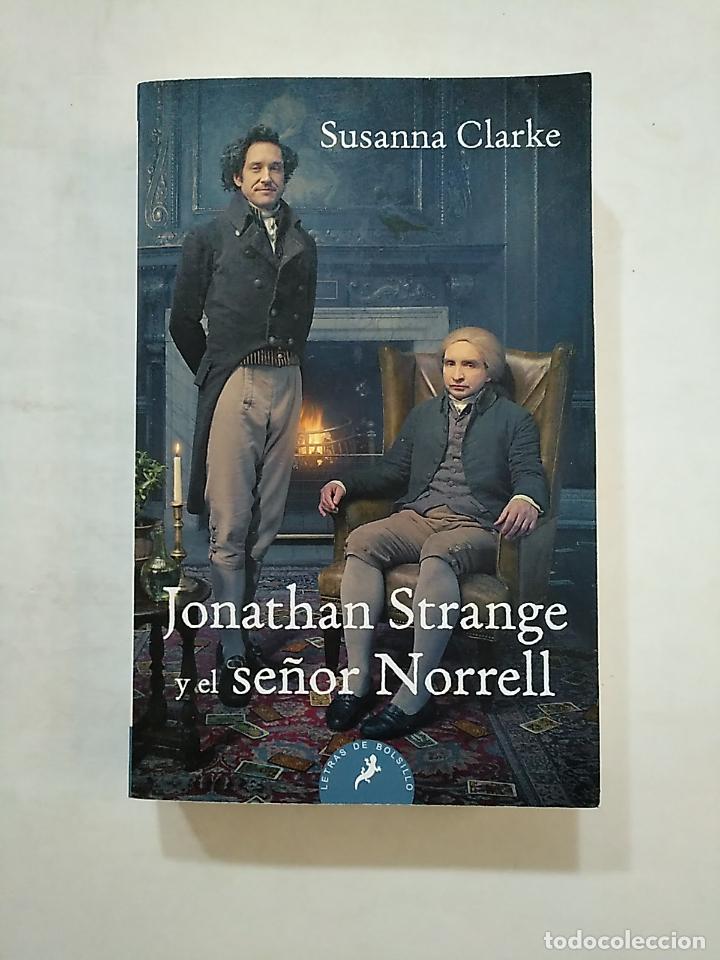

“It was as though she’d been captured into the land of Faerie, as if she had been taken away from us,” Clarke’s editor told New York magazine. If this strikes you as cutesy, tidy, annoying, even a bit disturbing, a romanticization or fancification of what sounds like a period of immense torture for Clarke and her loved ones, consider their own words. The ways and reasons of the Fae are little known to common folk. Or else they meant to punish Clarke for her betrayal, for spilling their precious secrets, by enfuzzing her beautiful brain. The official story was debilitating mental illness-housebound, couldn’t write-but clearly her fairy patrons had come for her, to reclaim their erstwhile princess. After the publication, in 2006, of The Ladies of Grace Adieu and Other Stories, a collection of fairy tales written around the same time, and in the same world, as Strange & Norrell, Clarke went poof.

The events that followed only proved Clarke’s preternatural pedigree. You simply haven’t read your hidden history. That’s not how it happened, you say? Why, yes it is. It was as if she’d been there, to England, at the time of Napoleon, when those two infamous magicians, the bookworm Norrell and his perky pupil Strange, tapped into unearthly powers to impress politicians, move mountains, and defeat the French. Ten years in the making and 846 (footnoted!) pages long, Jonathan Strange & Mr Norrell was ethnography, lore. In 2004, Clarke published what can only be described as her first dispatch from the land of Faerie. If you buy something using links in our stories, we may earn a commission.


 0 kommentar(er)
0 kommentar(er)
